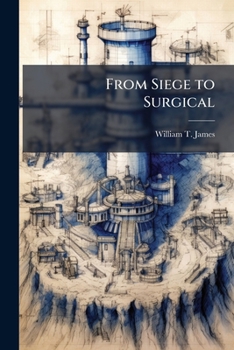From Siege to Surgical
This study investigates what effect the evolution of urban combat from World War II to the present has had on current urban combat doctrine. Urban combat operations have played a pivotal role in the conflicts of the twentieth century, and will continue to be a crucial part of future U.S. power projection operations. It is imperative that lessons learned from previous urban combat operations be studied for applicability to current doctrine. The study analyzes the battles of Aachen, Manila, Seoul, Hue, JUST CAUSE, and Mogadishu to identify salient lessons for conducting successful offensive urban combat operations; then reviews current U.S. Army urban combat doctrine. The study then evaluates current doctrine using identified salient lessons to determine their effect. The study finds that the primary impacts of pervious urban combat operations on current doctrine are that doctrine now embraces the idea of varied conditions for urban combat and validates the concept of fighting as a combined arms team in a built-up area. The study further finds that FM 90-10, Military Operations on Urban Terrain is obsolete, and that key procurement decisions have left U.S. forces without critical weapons that have proven decisive in urban combat.
This work has been selected by scholars as being culturally important, and is part of the knowledge base of civilization as we know it. This work was reproduced from the original artifact, and remains as true to the original work as possible. Therefore, you will see the original copyright references, library stamps (as most of these works have been housed in our most important libraries around the world), and other notations in the work.
This work is in the public domain in the United States of America, and possibly other nations. Within the United States, you may freely copy and distribute this work, as no entity (individual or corporate) has a copyright on the body of the work.
As a reproduction of a historical artifact, this work may contain missing or blurred pages, poor pictures, errant marks, etc. Scholars believe, and we concur, that this work is important enough to be preserved, reproduced, and made generally available to the public. We appreciate your support of the preservation process, and thank you for being an important part of keeping this knowledge alive and relevant.
Related Subjects
History




